2016: 4 Countries - 10 Teams - $1 Millions
From finding new treatment targets, to pinpointing outcome measures for future clinical trials, to attempting to reactivate the gene which is silenced in Fragile X syndrome, these innovative scientists will bring us closer to a cure.
Improving Clinical Trials
Many parents of children with Fragile X know well the struggles of getting their children to sleep through the night. Mice and fruit flies engineered to mimic Fragile X Syndrome also have disrupted sleep. Drs. Westmark and Smith will test potential therapeutics in mice using sleep as an outcome measure and investigate whether sleep could be used as an outcome measure for future clinical trials.
The search is on for a simple blood test to measure how well a treatment works for an individual with Fragile X. Dr. Frank Kooy’s team investigates.
Testing Treatment Targets
One of the goals of FRAXA’s research program has been to find biological pathways affected in Fragile X that are amenable to treatment with small molecules (drugs). Past efforts have been successful, generating large numbers of treatment targets, and this year, Dr. Osterweil and Dr. Bardoni will study new promising targets.
All these treatment targets raise an important question: are these various neural pathways and targets related at some key point? Is there a critical node, a point where pathways connect, which would allow for the most effective treatment? Two projects funded last year are looking for just such critical nodes (see Vanderklish and Moine). Until a critical node is found, we may need combinations of drugs to best help people with Fragile X syndrome. Dr. Razak’s study of combination treatments aims to show us the best way forward and form the basis for success in clinical trials.
Reactivating the Fragile X Gene
The holy grail of Fragile X research is to reactivate the gene, FMR1, which is silenced in people who have the syndrome. Using genetic engineering, researchers can already switch on the gene in adult Fragile X mice, and correct symptoms in this way. Teams led by Dr. Peter Todd and Dr. Jeannie Lee will pursue gene reactivation in mice using the new technique, CRISPR.
Congratulations to the new grantees! The grand total of these awards is $1,022,000 over the next two years. Additional awards still to come!
Lovamix: Clinical Trial of Combined Treatment of Minocycline and Lovastatin in Fragile X Syndrome
With a $66,714 grant from the FRAXA Research Foundation awarded over 2015-2017, Dr. Francois Corbin at the Universite of Sherbrooke will test the safety and synergistic effects of lovastatin and minocycline in patients with Fragile X syndrome.
Read More »FRAXA Drug Validation Initiative (FRAXA-DVI)
The FRAXA Drug Validation Initiative (FRAXA-DVI) provides speedy, cost-effective, objective preclinical testing of potential Fragile X treatments. FRAXA-DVI uses in-vitro systems, behavior batteries, and gene expression and peripheral biomarker platforms to validate investigational new drugs and repurposed available compounds in Fragile X syndrome (FXS).
Read More »Novel Modulators of Potassium Channels to Treat Fragile X
With funding from FRAXA over 2015-2017, the Yale University team of Leonard Kaczmarek, PhD showed that the firing patterns of auditory neurons in response to repeated stimulation is severely abnormal in Fragile X mice. Based on these results, they are collaborating with the UK-based company Autifony to develop advanced compounds which may reverse these deficits.
Read More »Repurposing Study II: Evaluating Combinations of Drugs to Treat Fragile X
FRAXA Research Foundation initially partnered with Healx in 2016 to identify existing drugs with potential to treat Fragile X syndrome, using machine learning algorithms and computational biology. The study produced results, and now FRAXA and Healx have launched a new round of studies to evaluate combinations of compounds, including both drugs and natural products.
Read More »Combinatorial Drug Treatment in a Model of Fragile X Syndrome using Novel Biomarkers
With a $90,000 grant from FRAXA Research Foundation awarded over 2016-2017, University of California researchers Khaleel Razak, PhD, and Jonathan W. Lovelace, PhD, are exploring drug combinations to limit hypersensitivity to sounds in Fragile X mice.
Read More »Targeted Transcriptional Reactivation of FMR1 in Fragile X Syndrome Stem Cells
With a $90,000 grant from FRAXA Research Foundation awarded in 2016, University of Michigan researcher Peter Todd, MD, PhD, is using CRISPR to selectively turn the Fragile X gene back on in stem cells.
Read More »Investigating Gene Reactivation to Treat Fragile X Syndrome
With a $180,000 grant from FRAXA Research Foundation from 2016-2017, Dr. Jeannie Lee and her team at Harvard are working to reactivate the gene that is silenced in Fragile X syndrome.
Read More »
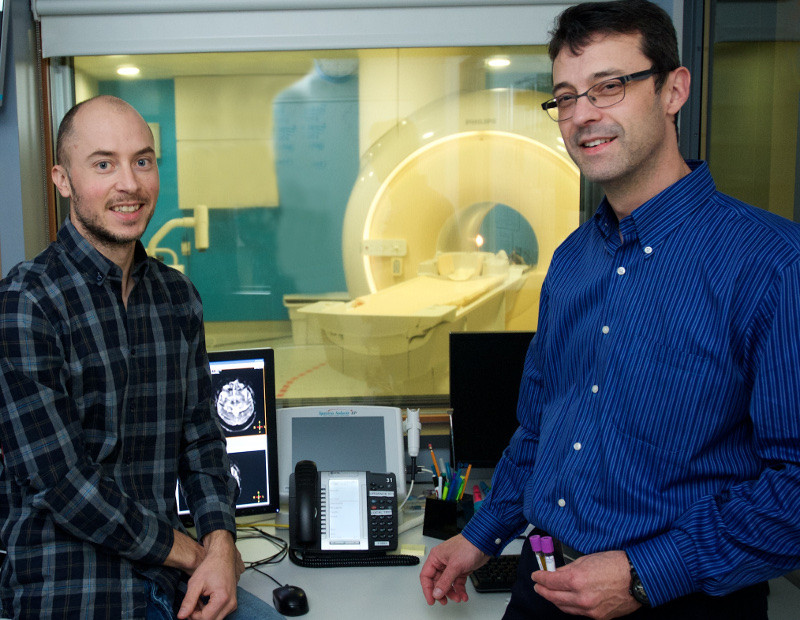

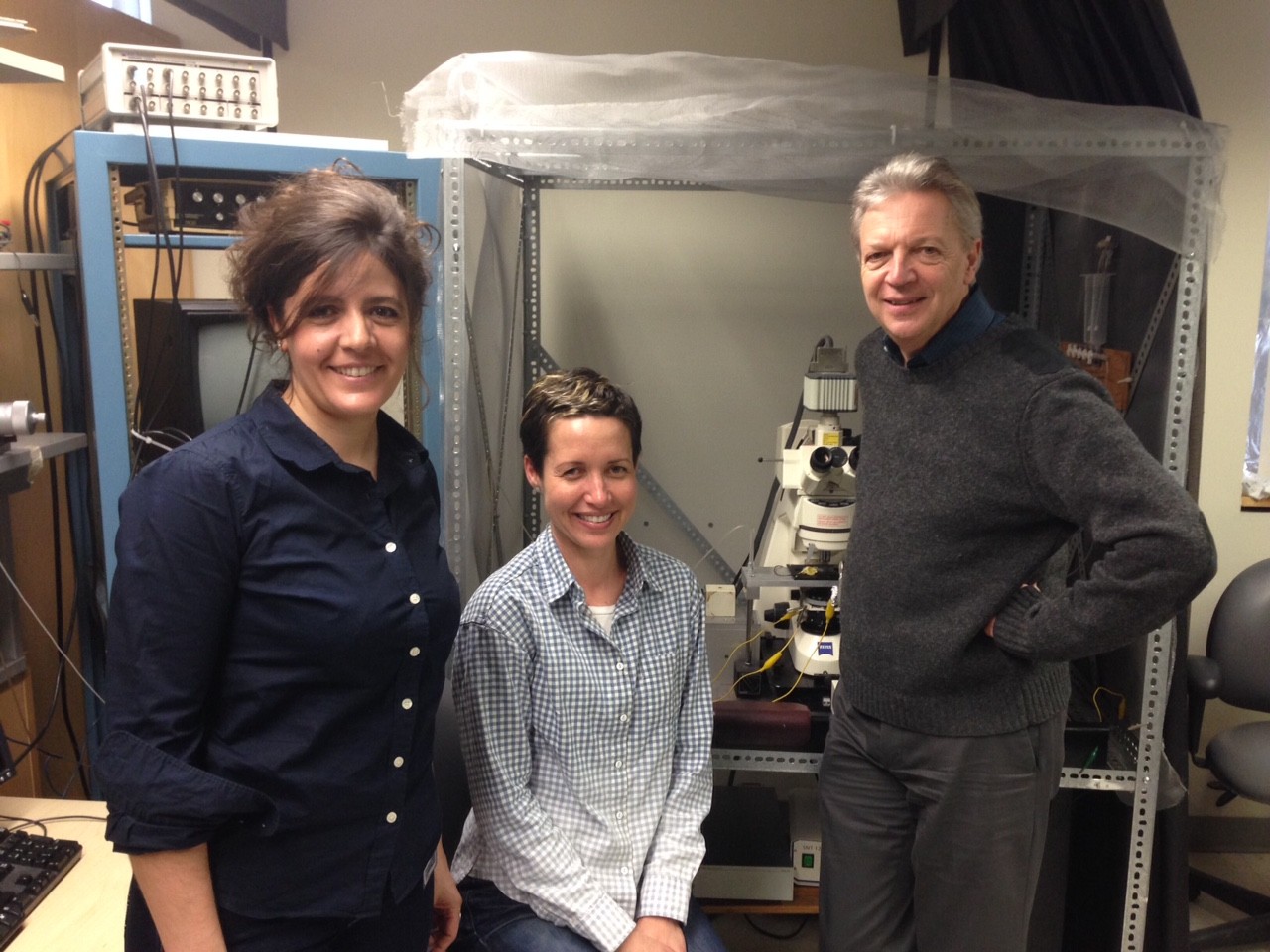
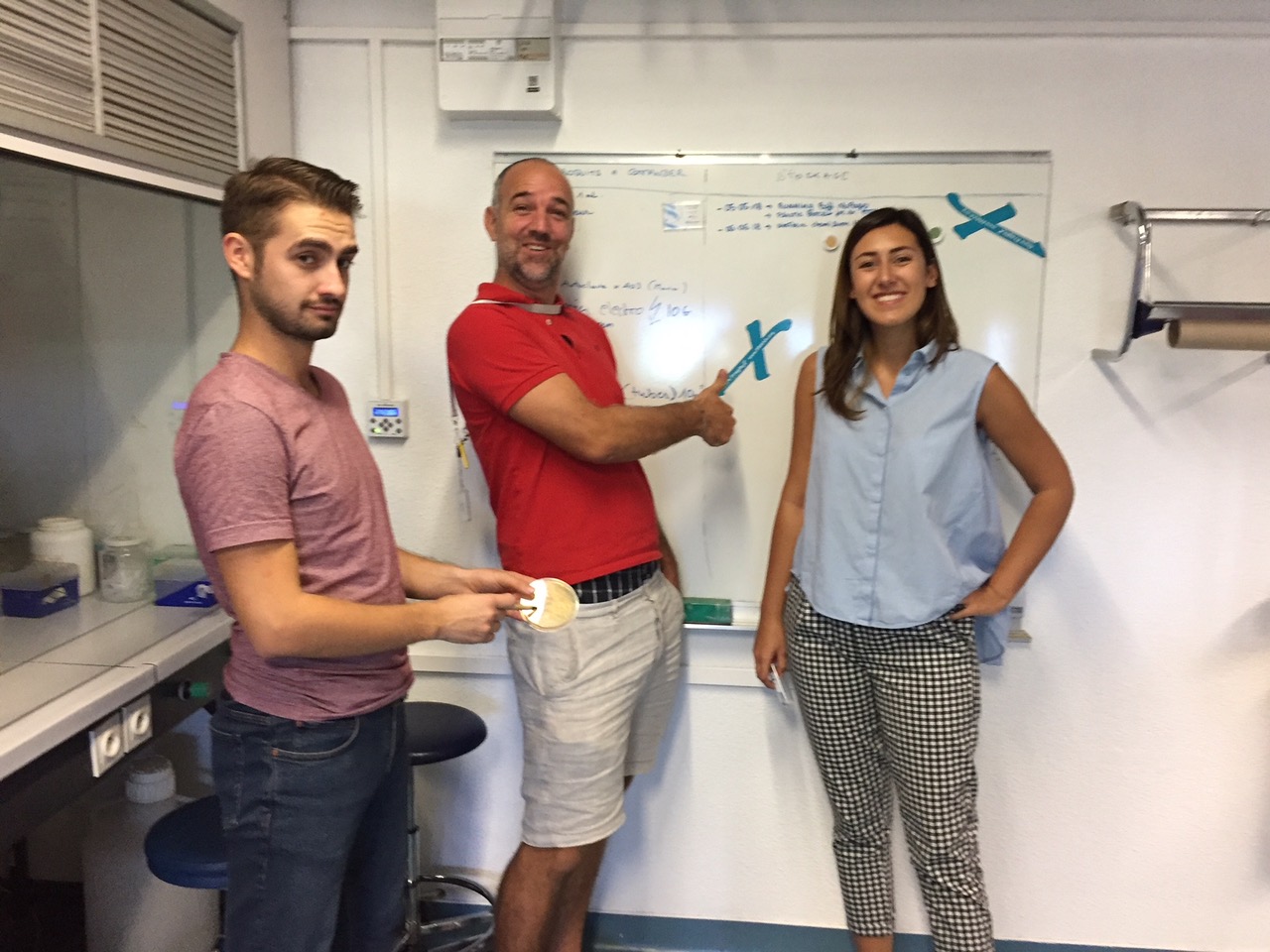
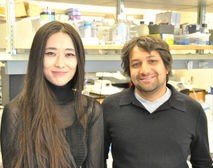

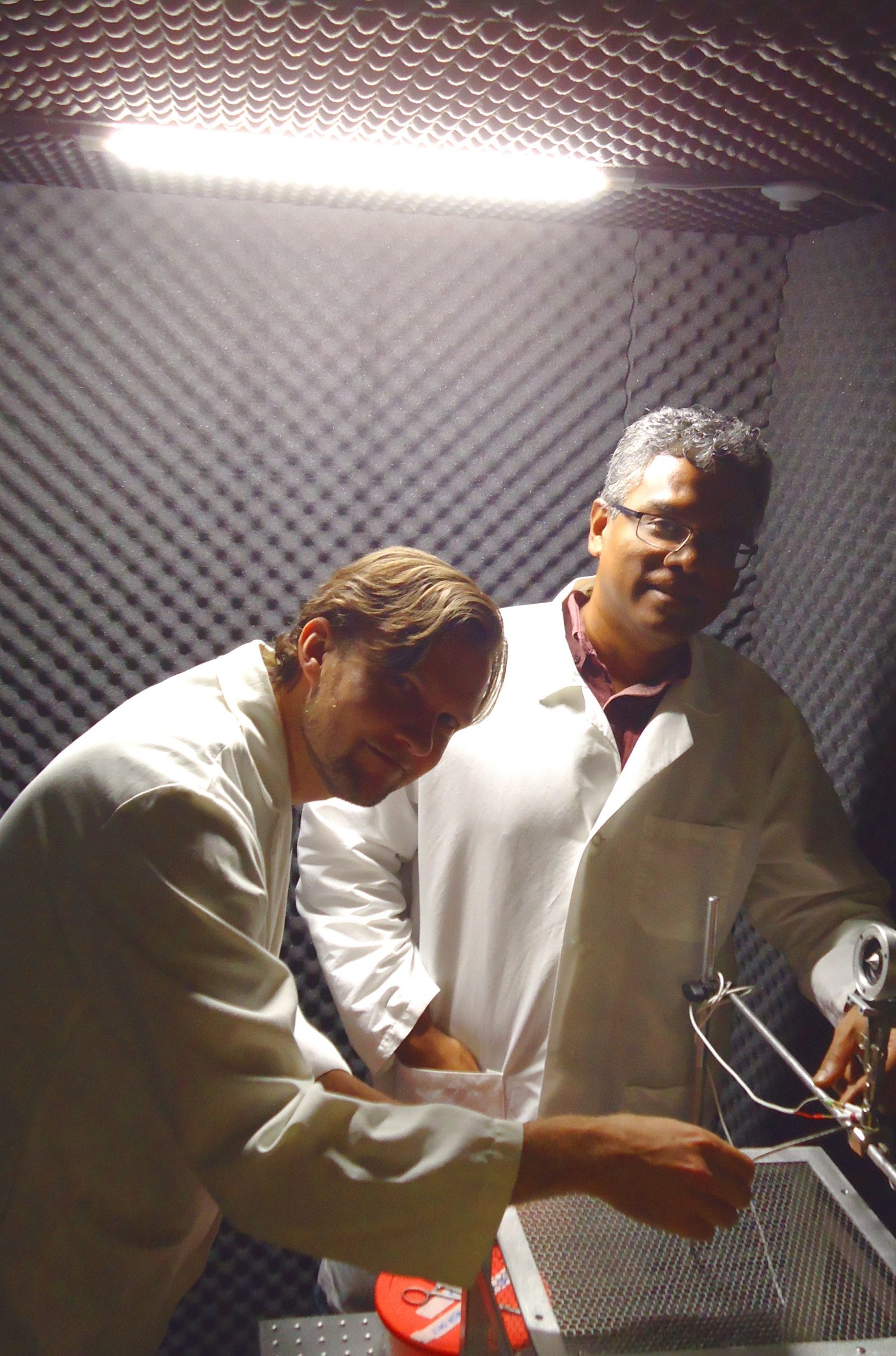



Comments are closed.